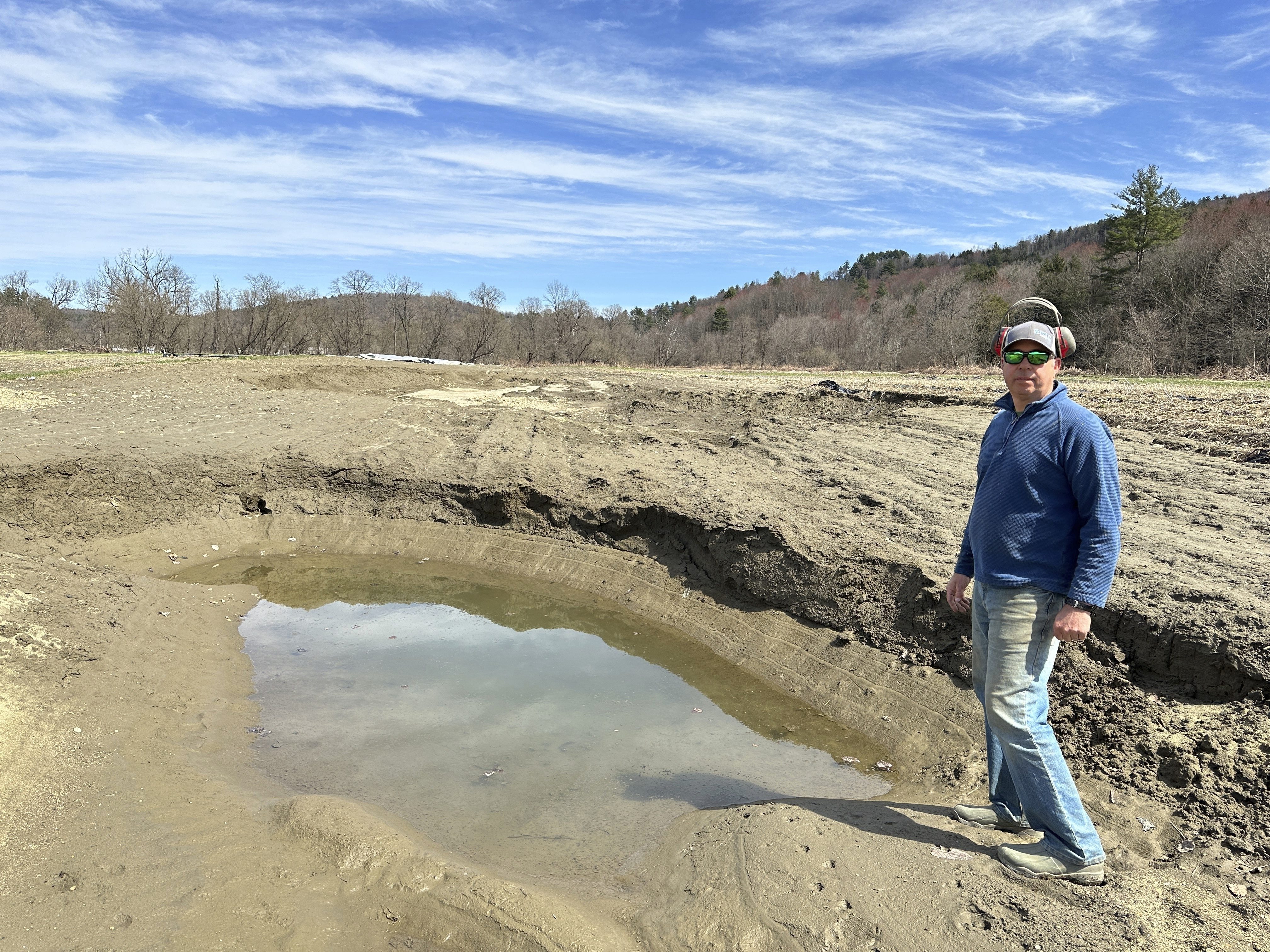Vermont economic development officials say they’re thrilled with the response to an offer to give remote workers cash grants to relocate to the Green Mountain State.
Joan Goldstein, the commissioner of the Vermont Department of Economic Development, said her office has received hundreds of inquiries over the past several days from all over the country and world.
“People are overwhelmingly responding to this,” Goldstein said. “We had no idea it would have this much response.”
Last week, Gov. Phil Scott, a Republican, authorized a law that’ll give future grants of up to $10,000, paid over a few years, to people who’ll move to Vermont to live, then telecommute to out-of-state jobs.
The grants are meant to spark new economic activity and encourage growth in Vermont’s workforce.
“We have a demographic problem in this state,” Gov. Scott said Friday. “We need more people.”
Many of the details are still being worked out, but to start, the grant pot is a half-million dollars over the next several years.
Vermont
The latest news from around the state
Only people who move to Vermont on or after January 1 2019 will be eligible to apply, Goldstein explained, with the money meant to help cover relocation costs or purchases such as a new laptop.
“If this is oversubscribed, it’s a good thing, because then it would be informative that this type of incentive works to draw people,” Goldstein said of the large number of people who have emailed or signed up to receive more information.
Goldstein encouraged people to go to the website of the state’s Think Vermont initiative and sign up to receive updates as the program’s January 2019 start date approaches.
“If you have options about where to live, why not work in an aesthetically-pleasing place that offers tremendous opportunities for outdoor recreation as well as tremendous opportunities to make an impact in your community?” Goldstein asked. “You may not feel that in larger metropolitan areas, so that’s who we’re trying to appeal to.”
The effort is part of a larger push to turn around the Green Mountain State’s population struggles. Overall numbers are flat or even slightly declining, and the workforce is aging.
So the thinking is, incentives to draw younger people who could work anywhere will pay off long-term—including through new consumer spending and tax receipts.
Ed Shepard works in marketing for a Seattle-based financial technology company called Tiller, but does so from clear across the country, in downtown Burlington.
“Vermont is an ideal place to work remotely from,” Shepard told necn. “It’s a great place for a young family to grow up and enjoy the outdoors.”
Leah Fishman, the community manager of Study Hall in Burlington, a co-working space, said people who relocate to Vermont and work remotely could form meaningful professional connections here.
Fees for joining co-working spaces like Study Hall could be covered by the future grants.
“There are options besides your living room as far as working once you get here and get settled in—finding places where you can be productive, form community, and network,” Fishman said of co-working spaces like hers.
Goldstein said the program’s already been a major success in generating national media attention, helping further plant that seed in people that Vermont could be a great place to live—not just a place to take a vacation.



